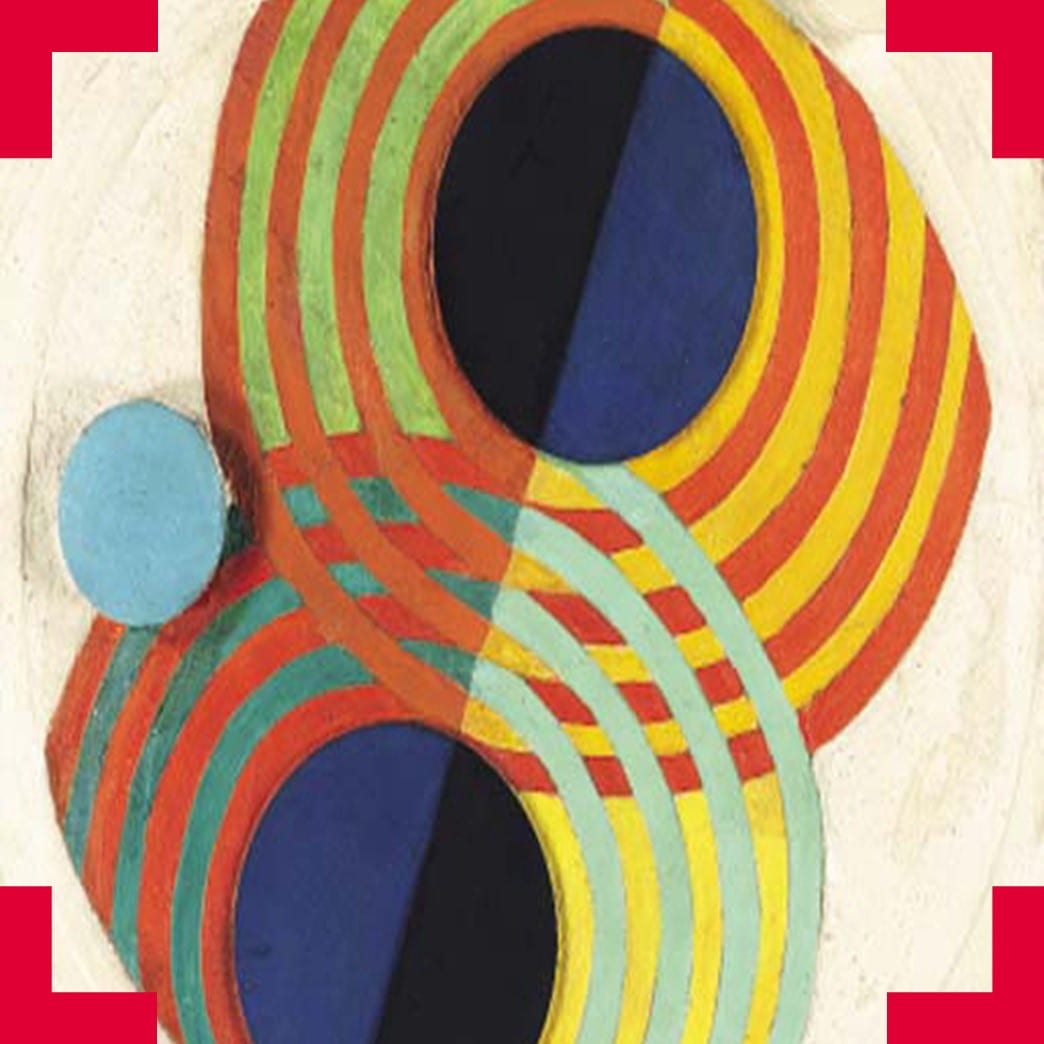Metre and Memorisation
What's the best way to learn a poem? Is silent rote learning effective, or is it better to repeat things aloud, to visualise the poem's content, or to move about when trying to memorise it? Do different memorisation techniques induce different psychological effects? This research project investigates the psychological effects of verse concentrating upon the effects of metre and memorisation.

Poetry memorisation is undergoing a revival, with the increase in popularity of performance poetry and the introduction of 2012’s statuary requirement to include poetry memorisation in the Primary English curriculum. Advocates of poetry memorisation stress its virtues as a distinct means of literary appreciation but also claim associated benefits such as the imparting of sophisticated language use or an improvement in overall memory skills including the off-setting of the effects of dementia. Yet if calls to embed the poetry memorisation in school curricula more widely or to make it a part of therapeutic practice are to have weight, there is a need for these calls to be based not just on argument and anecdote but on reliable empirical evidence and scholarly scrutiny.
The importation of cutting-edge theories and practices of experimental psychology by I.A. Richards in the 1920s established the norms for the academic analysis of poetic texts. Yet the scarcity of dialogue between the disciplines of English Literature and Psychology since has inhibited the further development and rethinking of such principles and approaches. At the same time, much psychological investigation of language has taken place with little or no input from literary studies. A century on from Richards’ experiments in Practical Criticism, this venture promises to connect the two disciplines in a way which might be similarly energising and productive.
What did the project involve?
The team were interested in conducting research in relation to the principal question: ‘Do different memorisation techniques induce different psychological effects?’ Some memorization techniques are aural; others include the visualization of imagery or the visualization of the text on the page; others may employ bodily movement. Anecdotal evidence suggests these differing techniques may cause the poem to be experienced differently.
Together the research team ran an online experiment with members of the wider community, within these experiments they explored and tested different techniques for poetry memorisation. This data collection was further supplemented with questionnaires. This research was also held in relationship with a children’s verse recitation event held in collaboration with Poetry by Heart, where children who participated had the opportunity to contribute their experience of verse memorisation to the research.
Who are the team and what do they bring?
- William Wooten (English, University of Bristol) is a literary critic and poet, and co-director of the Bristol Poetry Institute. William’s own poetry employs a wide variety of metrical forms. He has experience of giving literary events and talking about poetry to schools. William’s research into the poetry of Walter de la Mare raised questions about the affective qualities of certain metres in relation to memorisation.
- Chris Jarrold (Psychological Science, University of Bristol) has focused on children’s cognitive development in his research, and particularly on the processes that support goal-directed behaviour and the maintenance of information in immediate memory, abilities that in turn affect children’s control of behaviour, and aspects of their language learning and educational attainment.
- Nina Kazanina (Psychological Science, University of Bristol) is a researcher whose primary area has been psychology and cognitive neuroscience of language, spanning from sentence processing and speech perception to acquisition of syntax and meaning. This project accords well with her past research and experimentation on language use and development.
- The team will work in collaboration with Poetry By Heart to connect this research with the wider community.
What were the results?
William Wootten and Chris Jarrold discuss the impact of this study and the process of coloration in their co-written blogpost Collaborating on the Brigstow Metre and Memorisation Project
William Wootten also participated as a judge in the successful Bristol by Heart recitation contest Bristol by Heart – The Awards
The research team intends to seek further funding to expand and develop the research.

